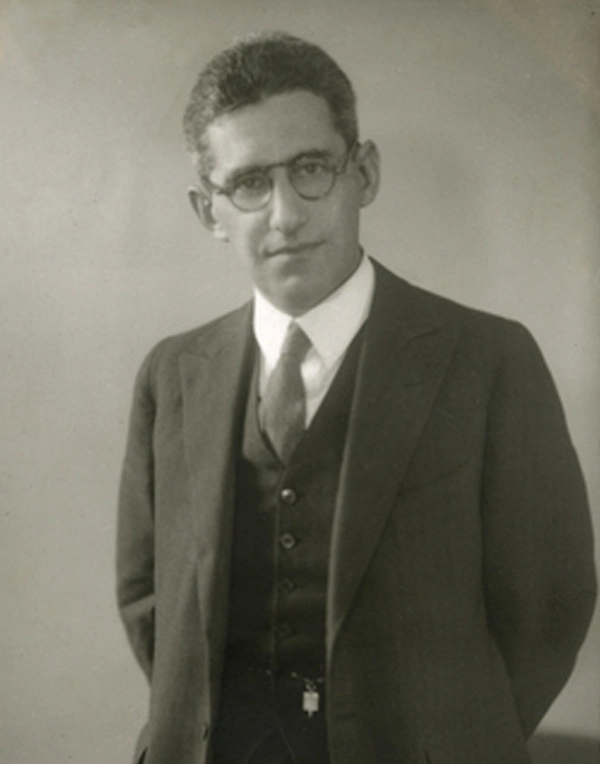
Leonard Bloomfield
April 1, 1887
April 18, 1949 (aged 62)
Leonard Bloomfield was an American linguist who significantly contributed to the development of structural linguistics between 1930s and 1950s.
His book Language (1933), greatly influenced the subsequent course of linguistics in the United States. His work helped establish linguistics as an independent scientific discipline.
Avoiding cognitive and other non-observable processes, Bloomfield applied behavioristic principles to the field rejecting the view that the structure of language reflects the structure of thought.
While his approach established linguistics as a scientific discipline, his isolation of linguistic phenomena from their non-linguistic mental and social environment, was a serious limitation, as language is an essential tool of communication for human beings.
Early Life and Education:
Leonard Bloomfield was born on April 1, 1887, in Chicago, Illinois. He graduated from Harvard College at the age of 19, and finished his graduate studies at the University of Wisconsin.
He got attracted to linguistics after listening to the lectures of the Austrian philologist Eduard Prokosch (1876–1938). Bloomfield received his Ph.D. from the University of Chicago in 1909.
Contributions and Achievements:
Bloomfield started his career as a German language instructor at the University of Cincinnati in 1909. Accepting the position of German instructor at the University of Illinois in 1913, he stayed there as the assistant professor of comparative philology and German until 1921.
His first major book Introduction to the Study of Language was published in 1914, concerning the general features of language.
Bloomfield spent more than a year in Germany in 1913–1914. He did courses taught by Neogrammarian scholars August Leskien (1840–1916) and Karl Brugmann (1849–1919) at the universities of Leipzig and Gottingen.
He also completed his studies of Indian and Iranian languages. During the First World War he started studying Tagalog, a Malayo-Polynesian language mainly spoken in the Philippines. In 1917, he published his second main book Tagalog Texts with Grammatical Analysis.
He spent a number of years studying the Algonquian family of languages. In 1921, Bloomfield offered courses in German and linguistics at the Ohio State University where he established an enduring cooperation with behaviorist psychologist Albert P. Weiss.
They both applied the logical positivist approach to science, and agreed that linguistics needed a more mechanistic and less mentalistic approach to qualify as a scientific discipline.
As for the scientific study of human language, Bloomfield, George M. Bolling (1871–1963) and Edgar H. Sturtevant (1875–1952) shaped the Linguistic Society of America in 1924 and published the results in the Society’s journal Language. He was the president of the Linguistic Society of America in 1935.
From 1927 to 1940, Bloomfield worked as the professor of Germanic philology at the University of Chicago. His masterpiece, Language which was originally published in 1933 earned him a remarkably widespread fame. The impact of the book was so considerable that the period from 1933 until the mid-1950s is generally named as the “Bloomfieldian era” of linguistics.
In 1940, Bloomfield started to work at Yale University, where he retired as professor of linguistics in 1946. He died in New Haven, Connecticut, on April 18, 1949.